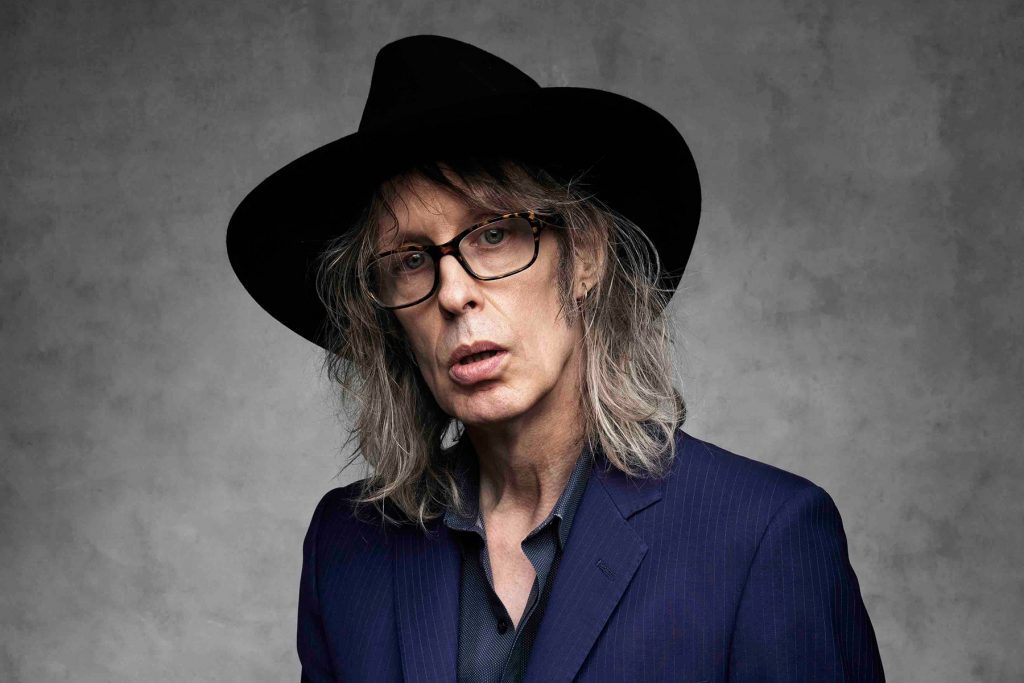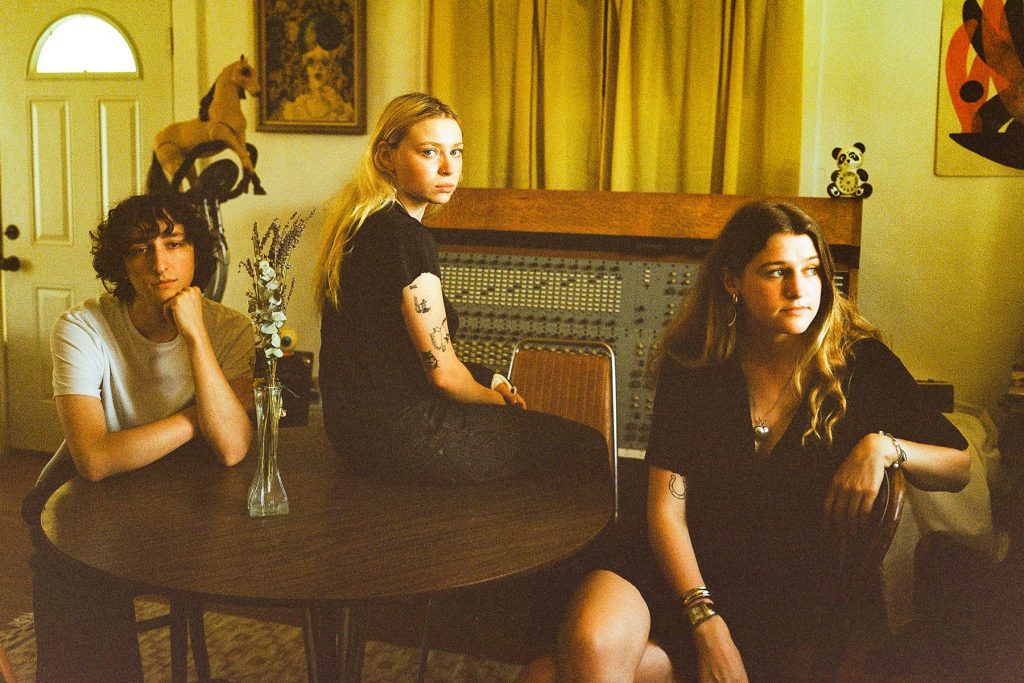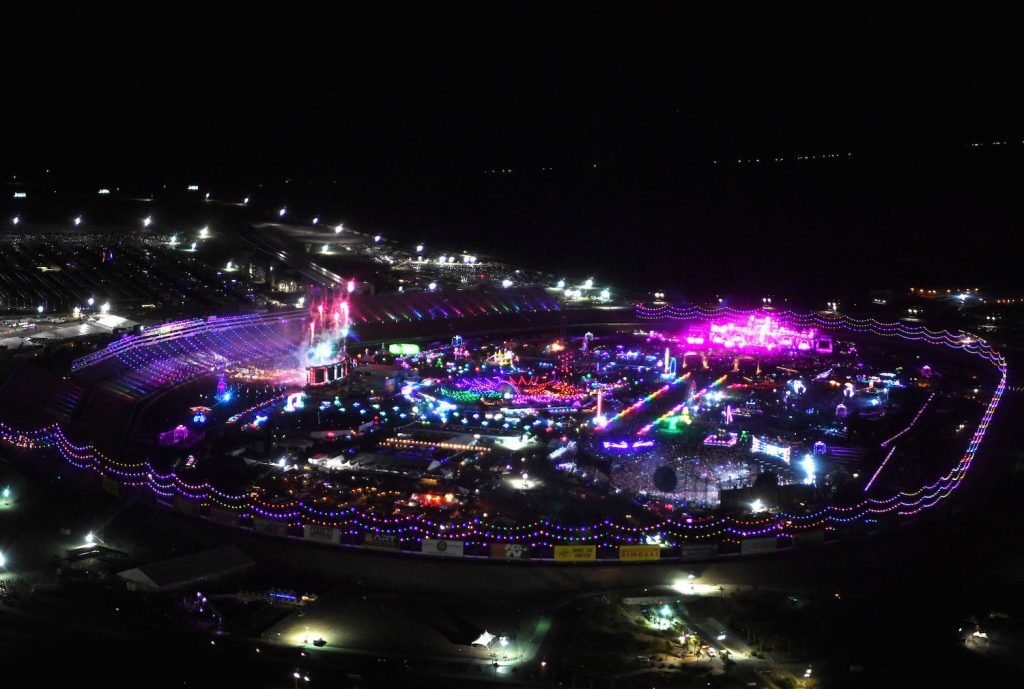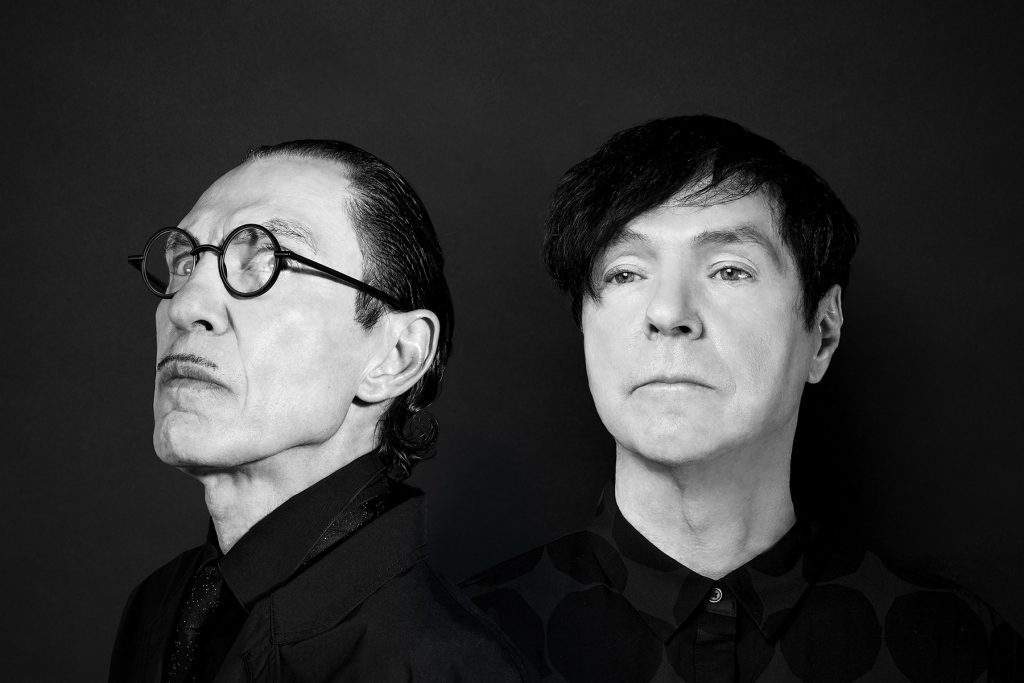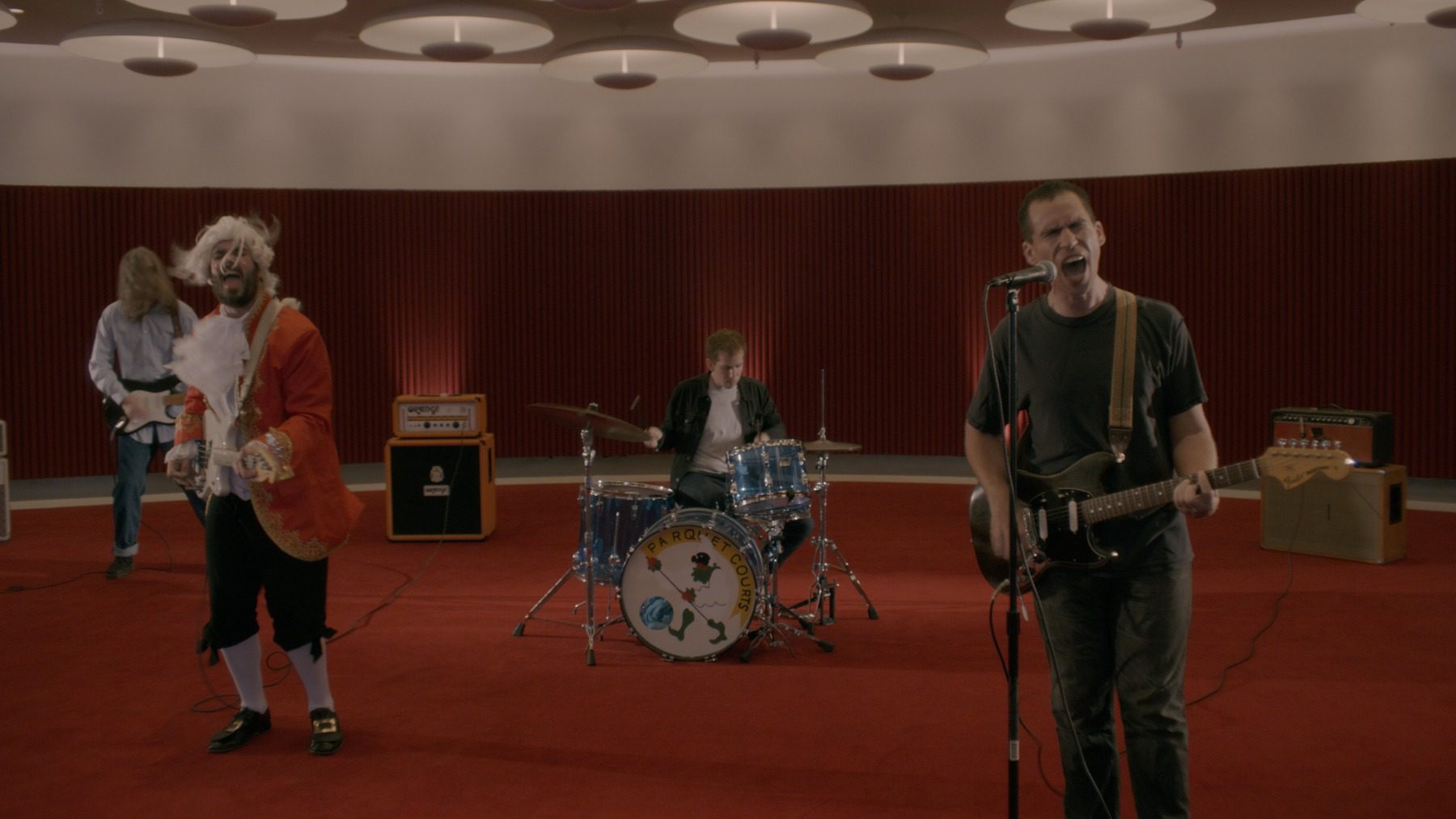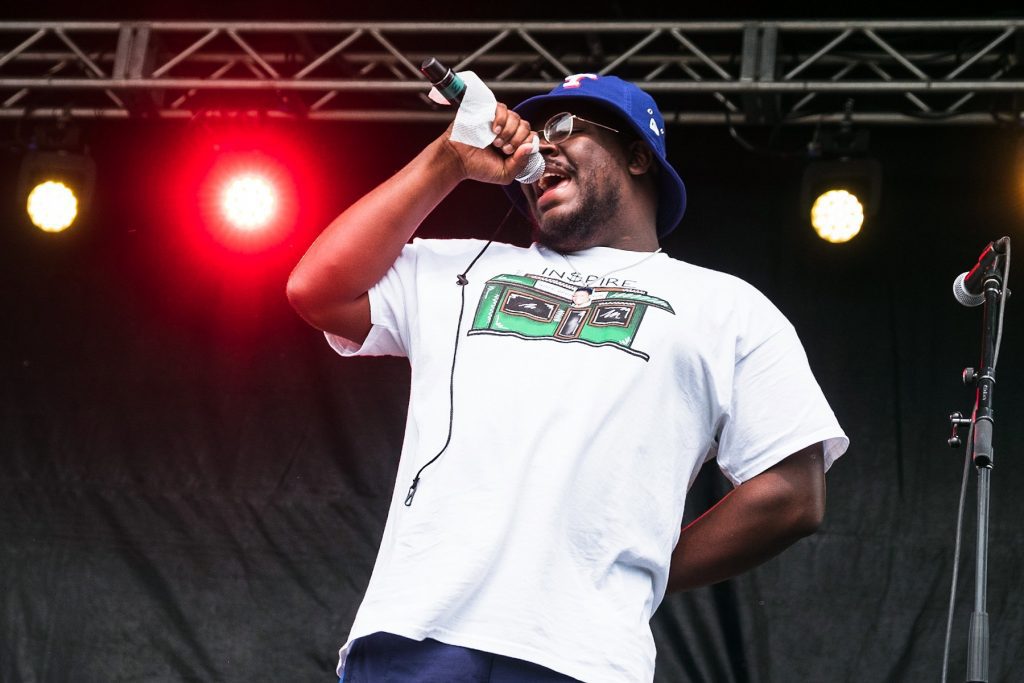
Tulsa’s Hip-Hop Artists Are Speaking. Will the World Listen?
On a Friday evening this summer, a group of the most urgent voices in the Tulsa, Oklahoma, hip-hop scene took to a stage in the city’s Greenwood district to tell a story they felt the world needed to hear.
“When [we] came out, the energy just shifted,” says St. Domonick, one of the rappers who performed that day, alongside fellow local artists Steph Simon, J. Friday, 1st Verse, OmaleyB, Mr. Burns and Dr. View. The 20-minute set began with Simon and J. Friday’s “Upside,” a song that alternates between hard-won celebration of the present and somber memorial of the past. From there the performers brought out some of the best songs the city has produced in recent years, many featuring impassioned vocals and politically conscious lyrics, like OmaleyB and Simon’s “Kerosene” (“My city’s on fire, and I can see the flames”) and St. Domonick’s “Jungle Book” (“Who the fuck got the answers?/Why is everything backwards?/Where the fuck are the activists?”).
The occasion was Tulsa’s annual Juneteenth celebration, where thousands of Tulsans gathered for a day-long festival that featured local MCs, spoken-word poets, jazz bands, and national headliners like gospel singer Le’Andria Johnson. There were also politicians and speakers like Tiffany Crutcher, whose brother was killed by a Tulsa police officer in 2016, and Rev. Al Sharpton, who told the crowd, “We’re going to bring justice to this country, no matter how long it takes.”
The local Juneteenth celebration was initially cancelled this year due to COVID-19 concerns, then brought back and organized in barely a week after President Trump announced his plan to hold a rally at Tulsa’s BOK Center. While that event and the surrounding controversy made national headlines, the celebrants across town made virtually no mention of it or of Trump.
For 1st Verse, the Juneteenth festival was “a day of rest for black people, about enjoying what we have here, and what’s been accomplished.” St. Domonick agrees: The point, he says, was simply to “to celebrate that we’re here, we’re free, and we’re able to do what we want to do.”
That’s also the philosophy behind Fire in Little Africa, a collaborative album currently in the works from a collective of local rappers, activists, songwriters, and educators in Tulsa that these artists are part of. The concept record, due next year, will commemorate and interrogate the traumatic legacy of the city’s 1921 race massacre, in which a white mob descended on the streets of Greenwood — then a prosperous zone known locally as Black Wall Street — and killed somewhere between 30 and 300 people, burned down the business district, destroyed roughly 1,500 homes, and left thousand of black Tulsans homeless.
Fire in Little Africa is poised to teach the world about that long-suppressed history, from locals who grew up in a community that still lives with the aftermath of the massacre. Just as important, the artists involved in the project also hope it serves as a launching-pad moment for Tulsa’s hip-hop scene, which has long flown under the national radar. “The whole point of making this album is because we need representation from people from here, people who live here, eat here, spend here,” says Simon, whose 2019 album Born on Black Wall Street served as an conceptual stepping-stone of sorts for the storytelling on the upcoming album.

1st Verse and St. Domonick at a Juneteenth celebration in Tulsa.
Dominick C. Williams for IndieLand
Work on Fire in Little Africa formally began just before Tulsa was forced to shut down this past March, when St. Domonick, 1st Verse, Simon, and others convened to record more than 100 tracks over the course of a week. For a group of artists who’ve been performing and releasing music to meager recognition for the better part of the past decade, the Juneteenth performance felt like a long-overdue moment of acceptance. “Everyone was interested in what was going on,” says St. Domonick. “When we got offstage, everyone was asking about where they can find more information. It was a good reassurance that we’re headed in the right direction with this project.”
National interest in Tulsa’s history of violent racism has exploded in recent years after decades of ignorance. HBO’s 2019 drama Watchmen shed light on the city’s history of racial terror, and there are currently at least four planned documentaries and miniseries in the works on the 1921 massacre, involving everyone from NBA stars Lebron James and Russell Westbrook to author dream hampton (Surviving R. Kelly). With the increased spotlight on Tulsa, the city’s hip-hop community finds itself in a peculiar position, with the rest of the country seeming to suddenly care about a history they’ve been writing, singing, and rapping about for years.
“It’s easy to get overshadowed,” says Simon, using the weekend of Juneteenth, when a flurry of national media rolled into town for Trump’s rally, as an example of the ways in which outsiders can miss the complexity and nuances of black Tulsa. “Everyone hit the same street,” he adds, “but they weren’t up on the North Side area, and there are businesses all over the place. We do appreciate people getting the word out, but also, we want to benefit and speak for it, too, just like every other city that gets to speak on their own behalf. Lebron and Russell Westbrook and all these big names doing documentaries on Black Wall Street, we want y’all to reach out and talk to real people.”
For 1st Verse, the inclination to center Trump’s race-baiting rally in media depictions of his hometown was a microcosm of the way in which Tulsa’s painful history can be commodified in ways that are damaging to black Tulsans. “A lot of people use Tulsa and Black Wall Street as an emotional trigger,” he says. “There are a lot of people that don’t know what’s going on here and what we’ve been saying about it, and are saying about it. People get outraged because Trump is coming here. For us, it’s not about that. It’s about action, not re-action.”
The artists behind Fire in Little Africa say they want to prioritize forward-thinking progress by insisting that the album, and the larger movement behind it, focuses on the present as much as it tells the story of the city’s past.
“We’re talking about what happened almost 100 years ago, but we’re [also] talking about specific things that people think we don’t realize, or recognize,” says Dr. View, who sees modern-day Tulsa in danger of repeating some of the mistakes of its past as it expands and modernizes. “We’re definitely being intentional about the gentrification that we currently see in our city, the demands that our community organizers and activists have asked of the mayor and other powers-that-be, who haven’t respected those requests. The album is commemorating Greenwood, but it’s also talking about, ‘What do we want Tulsa and Greenwood to look like 100 years from now?’”
For now, everyone involved with the Fire in Little Africa project hopes that the events of June portend a bright future for a group of artists who’ve been singing about, for, and to, their community for as long as they’ve been artists.
“It’s an opportunity for us to get out and be heard, in the right way,” says St. Domonick. “We want to move forward from where we were, but we can’t move forward if people don’t know the history in the first place.”
